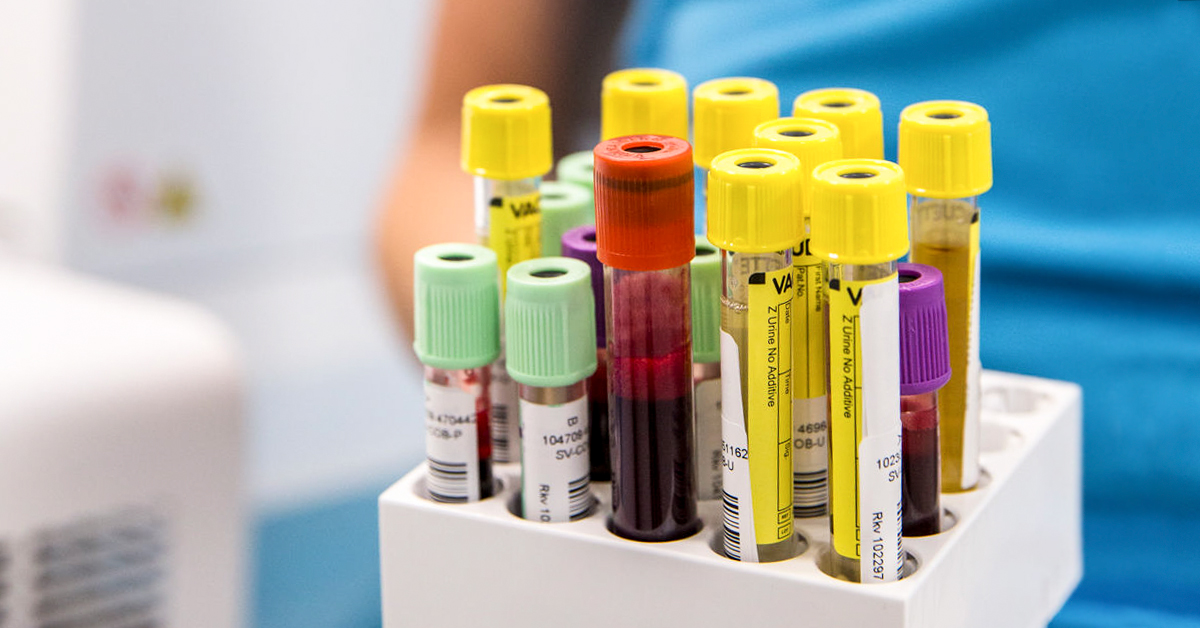
Blood Samples
A blood test is a procedure where your blood is taken to a lab to check for any abnormalities. It involves inserting a needle in your vein, usually in your arm to collect blood. This procedure is very fast and can be done in around 3 minutes. It is a very important test as it allows you to keep track about your health. Besides that, it is also useful for doctors to use a blood test in assessing a disease progression. There are many types of blood tests available.
- Full Blood Count (FBC)
This is the most common blood test ordered by doctors. Most of the diseases and procedures in this world require a Full Blood Count (FBC) test. This test will analyze the level of each of the major blood cells. These include red blood cells, white blood cells, platelets and others. It is very useful, especially in detecting any infection, anemia and also tissue inflammation.
- Liver Function Test (LFT)
As the name suggests, this test is done for the liver. It is to check whether the liver is damaged and suffered from any disease or not. It looks at several enzymes and proteins which can fluctuate if there is something’s wrong with the liver.
- Lipid Profile
Lipid is a medical term used for fat. This test will look at the different fat levels in the blood. This includes two of the most important cholesterol in our body, the high-density lipoprotein (HDL) and the low-density lipoprotein (LDL).
- Thyroid Function Test (TFT)
The thyroid is a tiny gland located in the neck. Its function is to regulate a person’s mood, metabolism and also energy level by releasing thyroid hormones. With a Thyroid Function Test (TFT), doctors will get to know whether the thyroid is functioning properly or not.
- Blood Glucose Test
If a person is having diabetes, he or she will need to undergo this test. This test will measure the amount of sugar in the body. If the level is higher than normal, then the person most likely has diabetes. A person that undergoes this test will likely need to fast for 12 hours beforehand.
- Group and Screen Test
Doctors will ask for this test if a person needs a blood transfusion. Transfusion is needed in a case where a person suffered from blood loss, anemia or are having a surgery. This test will check for blood’s group suitability and antibodies that might interfere with the transfusion process.
- Urea and Electrolytes
This test checks for chemical level in the blood. Abnormal reading of urea level will usually indicate a kidney disease. Besides, a fluctuating electrolytes level might cause some problems with the heart.
- Enzyme markers
Enzymes are proteins that regulate the body metabolism. There are a lot of enzymes in the body and each one of them plays an important role in our health. An abnormal enzyme level might be caused by many different conditions.
These are some common blood tests that are usually ordered by doctors. Other blood tests include:
- C-Reactive Protein (CRP)
- Erythrocyte Sedimentation Rate (ESR)
- Blood gas test
- Coagulation panel
- Genetic studies
In a nutshell, it is recommended to have a regular medical checkup that includes some important blood tests. This action will surely be very helpful to yourself as it will maximize your health. Furthermore, if you are experiencing a symptom that is unusual, please see your doctor as soon as possible. In this case, your doctor will order some blood tests to check for your condition. With early health screening, a possible dangerous complication can always be avoided.
